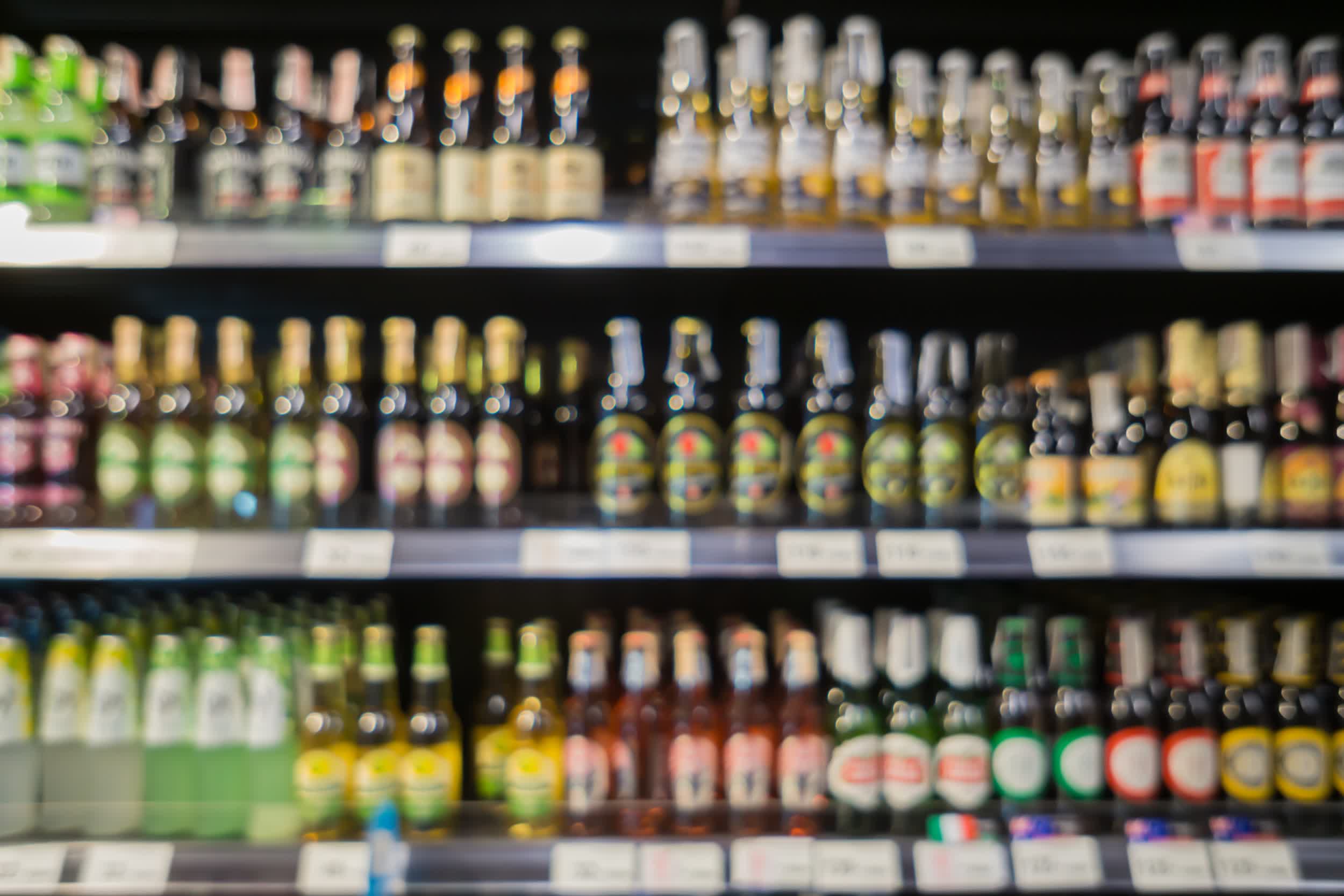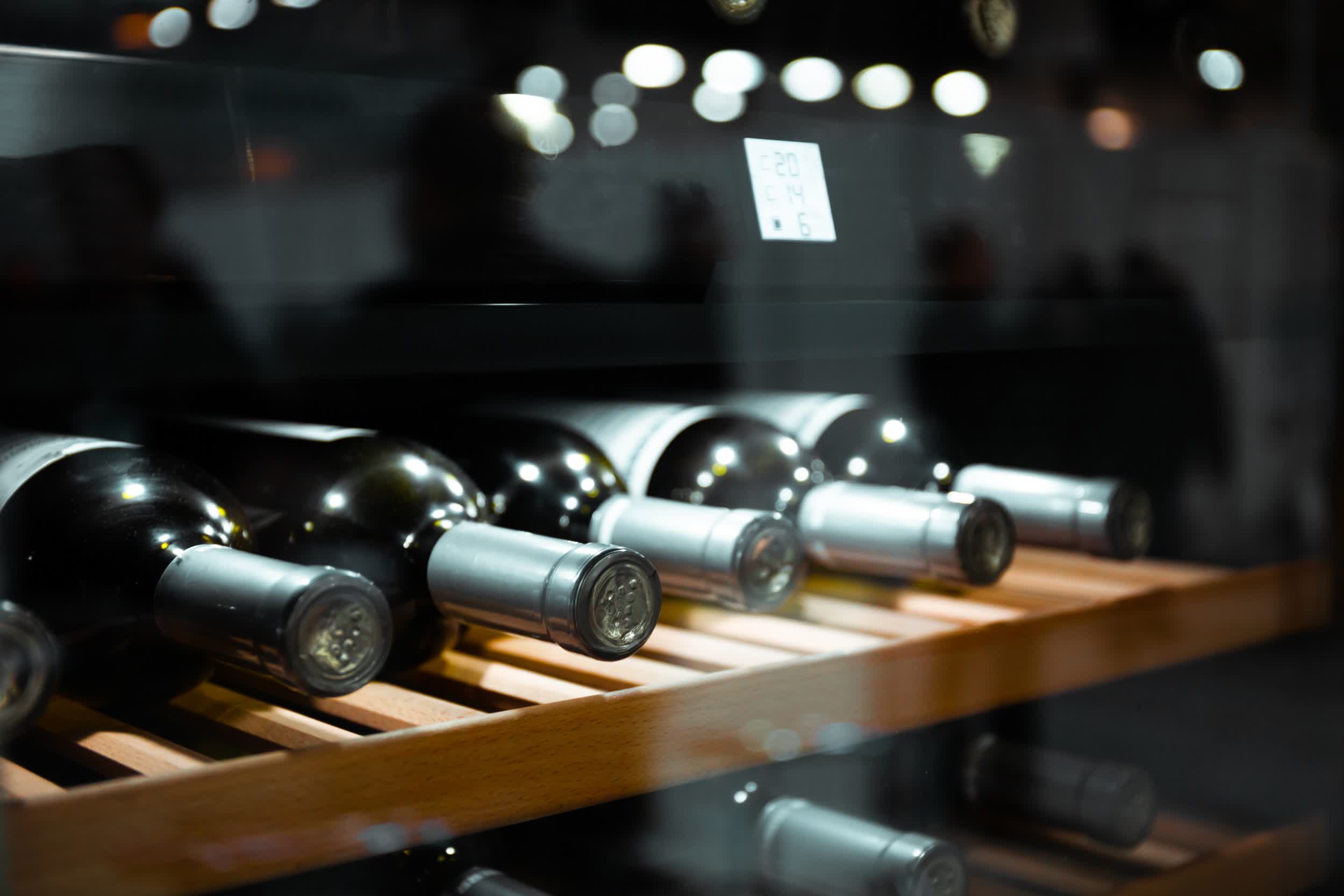The big picture: As the pandemic ramped up last year, Uber found itself in a precarious position. Rather than try to ride it out, Uber started shifting its business model to focus more heavily on food delivery services. The pivot allowed drivers to keep working and Uber to keep operating. And with restaurants closing their doors to dine-in customers, hungry patrons had no choice but to place takeout orders. The gamble has seemingly paid off for Uber. Company stock today is trading at an all-time high after hitting a record low in March 2020.

Uber on Tuesday said it has agreed to purchase alcohol delivery startup Drizly in a stock and cash deal valued at $1.1 billion.
Boston-based Drizly was founded in 2012 as an e-commerce platform that facilitates the delivery of alcohol. Some have even nicknamed it the “Amazon for liquor,” although really, it sounds more akin to a food delivery service like DoorDash or Postmates, the latter of which Uber acquired last year as part of a pivot in its business model.

Drizly is currently operational in more than 1,400 cities across the US, providing customers with a wide selection of beer, wine and spirits that can be delivered directly to their door. It’s a good idea as it could potentially keep impaired drivers off the streets when the desire for more booze arises.
Uber said that once the transaction is complete, they plan to maintain a separate Drizly app as well as roll the marketplace into the Uber Eats app. Pending regulatory approval, the deal should be finalized sometime in the first half of 2021.
Image credit Have a nice day Photo, Andrii Zastrozhnov
https://www.techspot.com/news/88492-uber-paying-11-billion-alcohol-delivery-startup-drizly.html